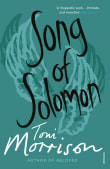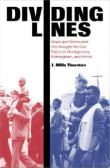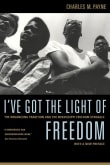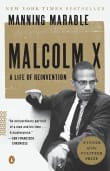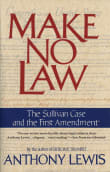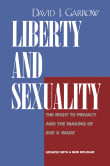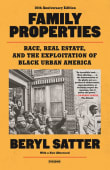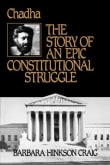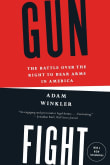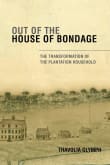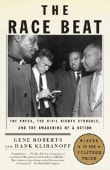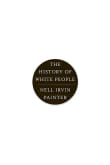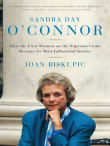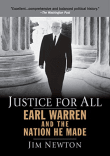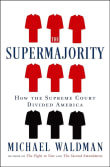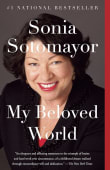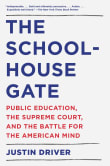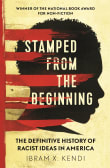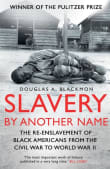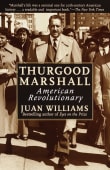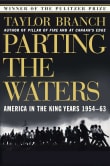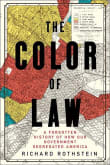Simple Justice
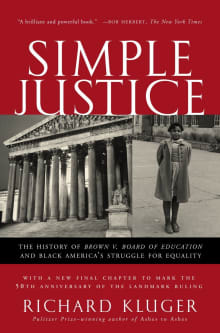
Book description
Simple Justice is generally regarded as the classic account of the U.S. Supreme Court's epochal decision outlawing racial segregation and the centerpiece of African-Americans' ongoing crusade for equal justice under law.
The 1954 Supreme Court ruling in the case of Brown v. Board of Education brought centuries of legal segregation…
Why read it?
3 authors picked Simple Justice as one of their favorite books. Why do they recommend it?

Monumental, extraordinary, a landmark: only superlatives would do in 1975 to praise Simple Justice by Richard Kluger.
If you want to understand education in America, race in America, the absence of equity in America, Simple Justice gets you there. The book begins with the South Carolina heroes of Briggs v. Elliott, impoverished rural petitioners who filed the first of five lawsuits composing Brown v. Board of Education. The book ends with the 1954 and 1955 US Supreme Court’s decisions declaring unconstitutional the legal segregation of public schools.
Kluger focuses on people, beginning with tenant farmers and sharecroppers who defied the…
From Claudia's list on revealing what is hidden, lost, forgotten.

How do you get the Supreme Court to revisit its 1896 ruling that upheld Jim Crow laws as “separate but equal”? That was the question that divided officials in the NAACP, and Kluger’s book shows them coalescing around a plan that aims first at racist admissions policies in professional and graduate institutions before turning to the even more politically sensitive matter of segregated public schools. To pursue this incremental strategy, civil-rights activists developed Howard University’s law school with the goal of training black lawyers to mount desegregation cases. The most prominent of them — the NAACP’s Thurgood Marshall, later a…
From Sasha's list on Supreme Court cases.

The U. S. Supreme Court’s unanimous 1954 ruling striking down racially segregated schooling kick-started the emerging Black freedom struggle across the U. S. South. Brown was actually five cases combined, from different locales, and Kluger’s masterful research richly and memorably details their roots in Black communities such as Clarendon County SC. NAACP litigators like Thurgood Marshall play major roles, but Kluger devotes great attention to how newly-arrived Chief Justice Earl Warren managed to unite his fellow justices behind a bombshell, landmark ruling. Constitutionally mandated desegregation would be no panacea for Black students and teachers, however, as David Cecelski’s valuable Along…
From David's list on U. S. Black freedom struggle of the 1950s & 1960s.
If you love Simple Justice...
Want books like Simple Justice?
Our community of 12,000+ authors has personally recommended 48 books like Simple Justice.

